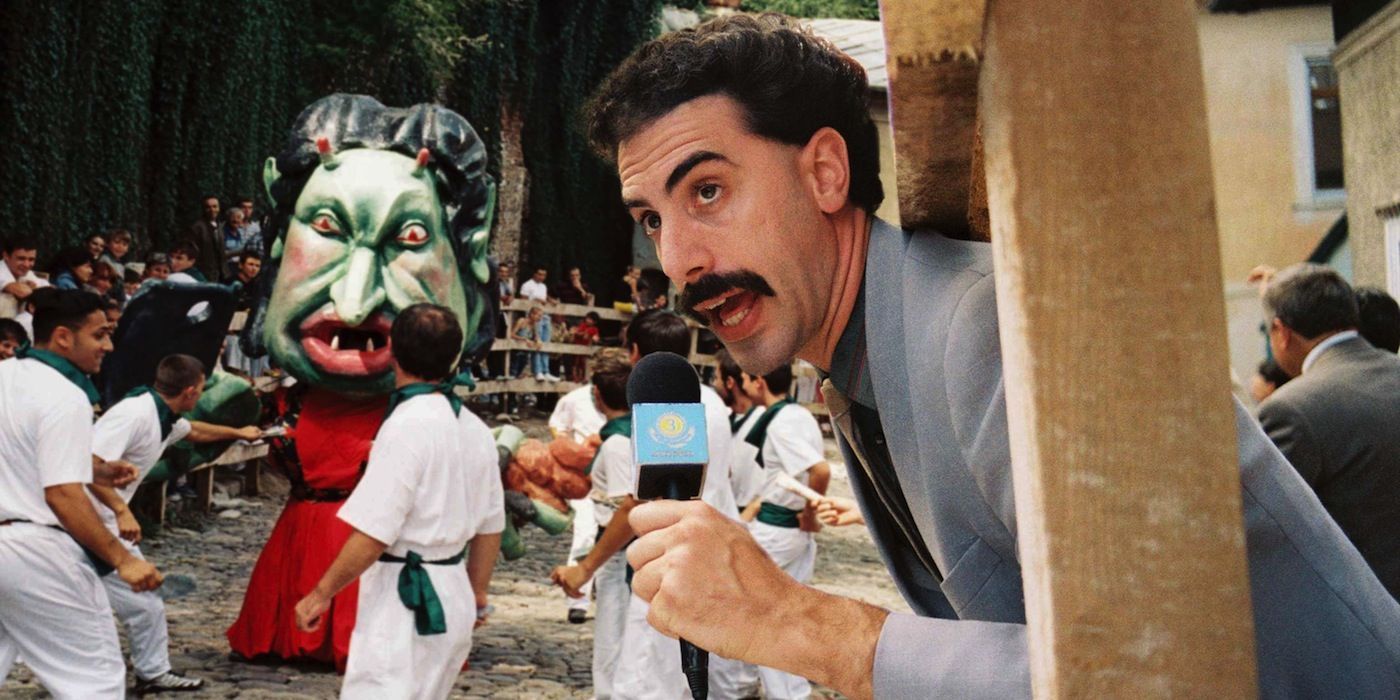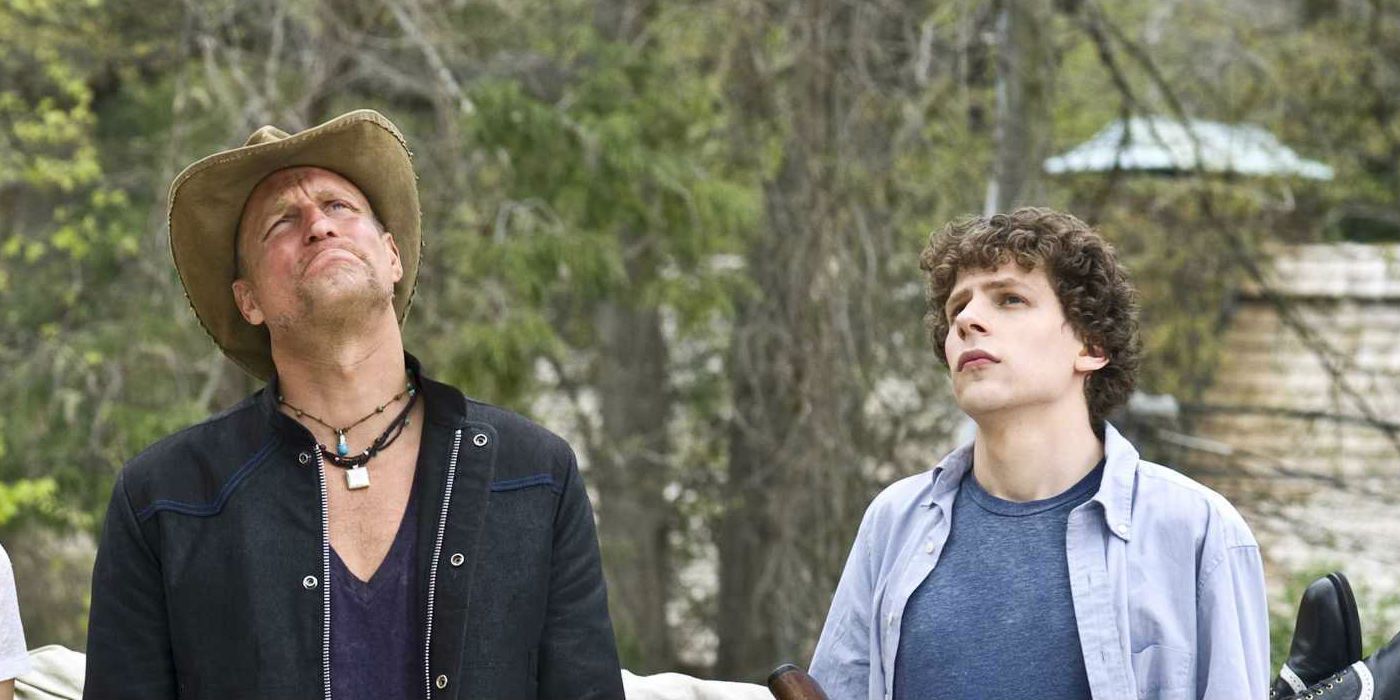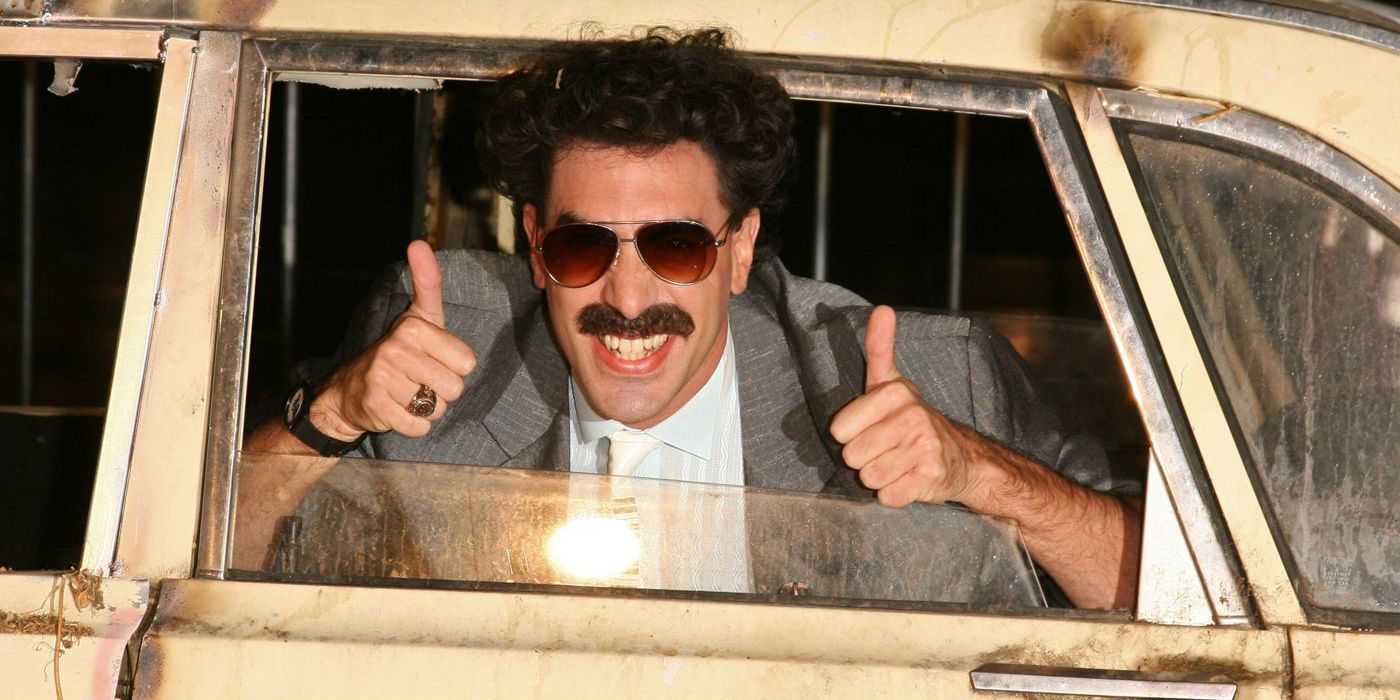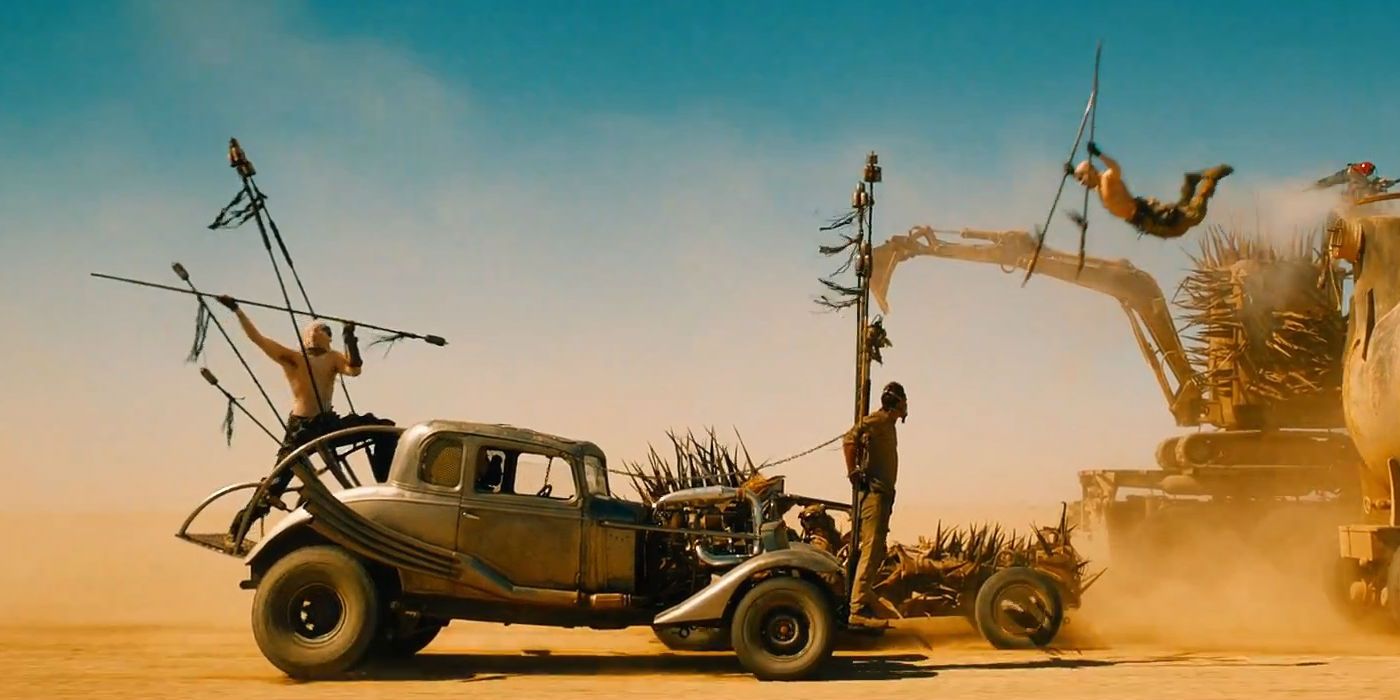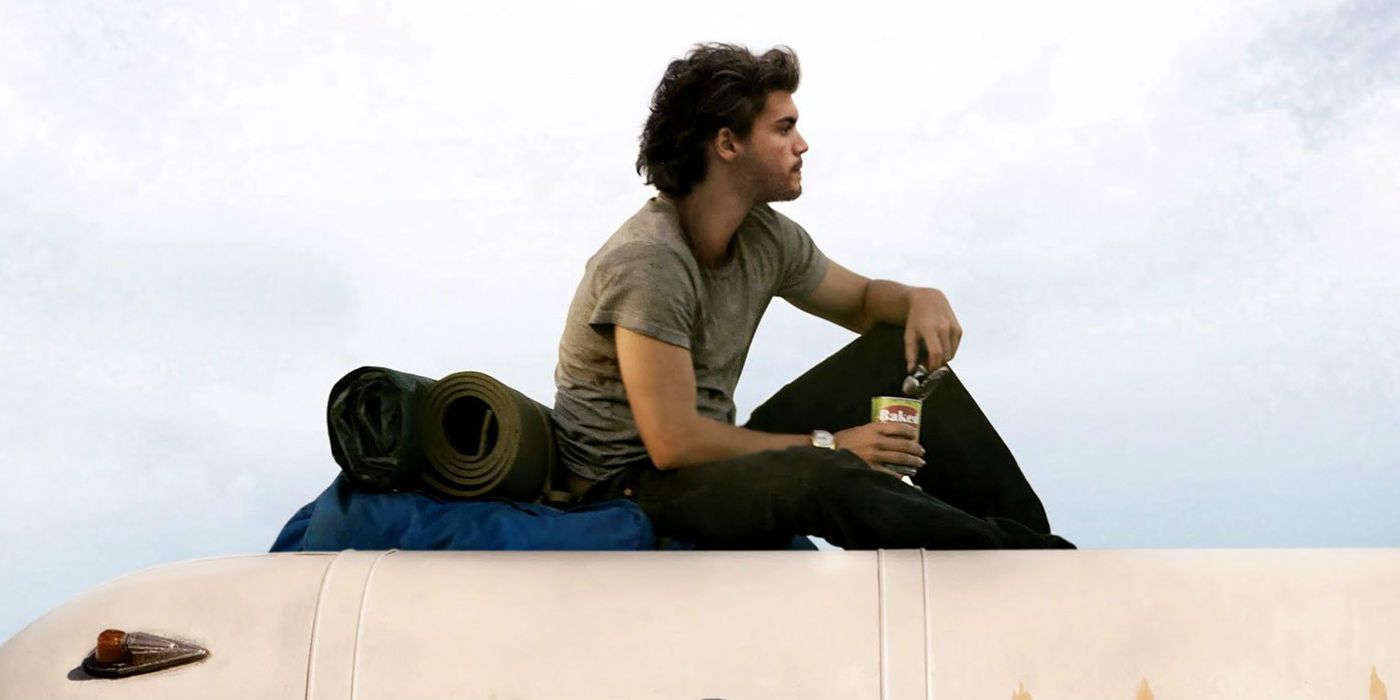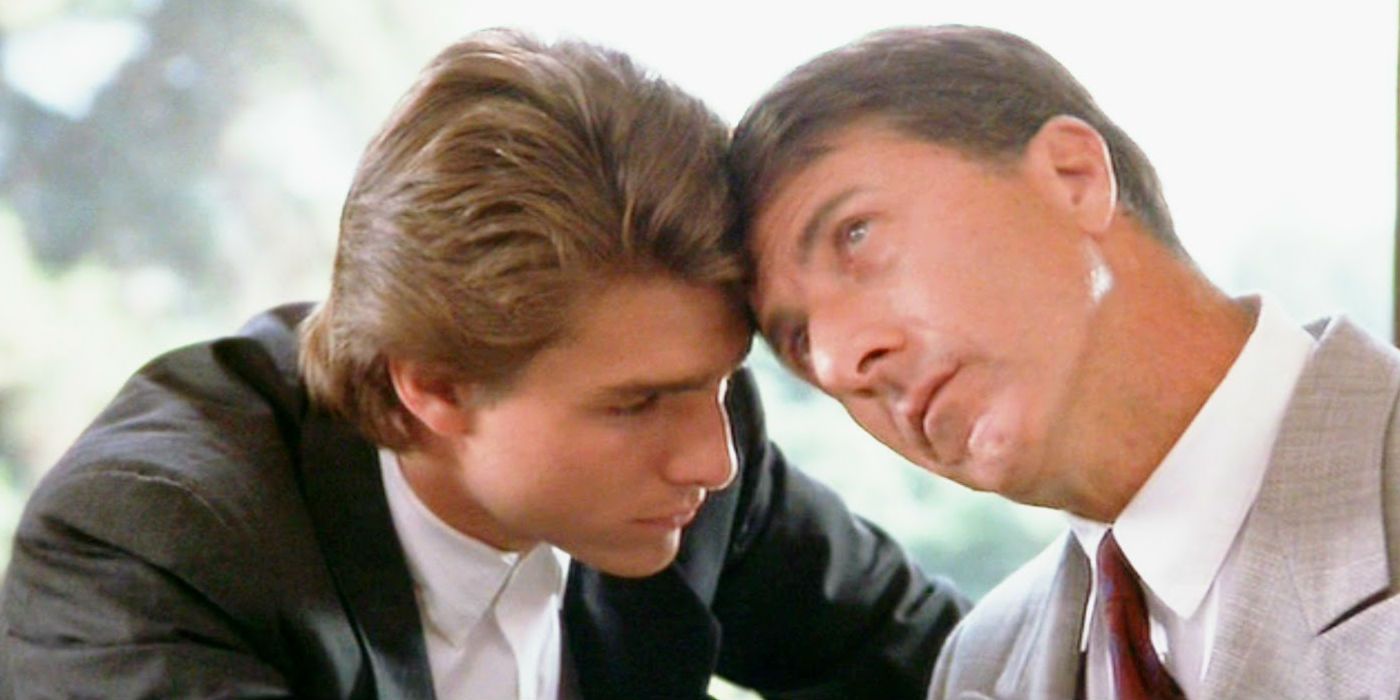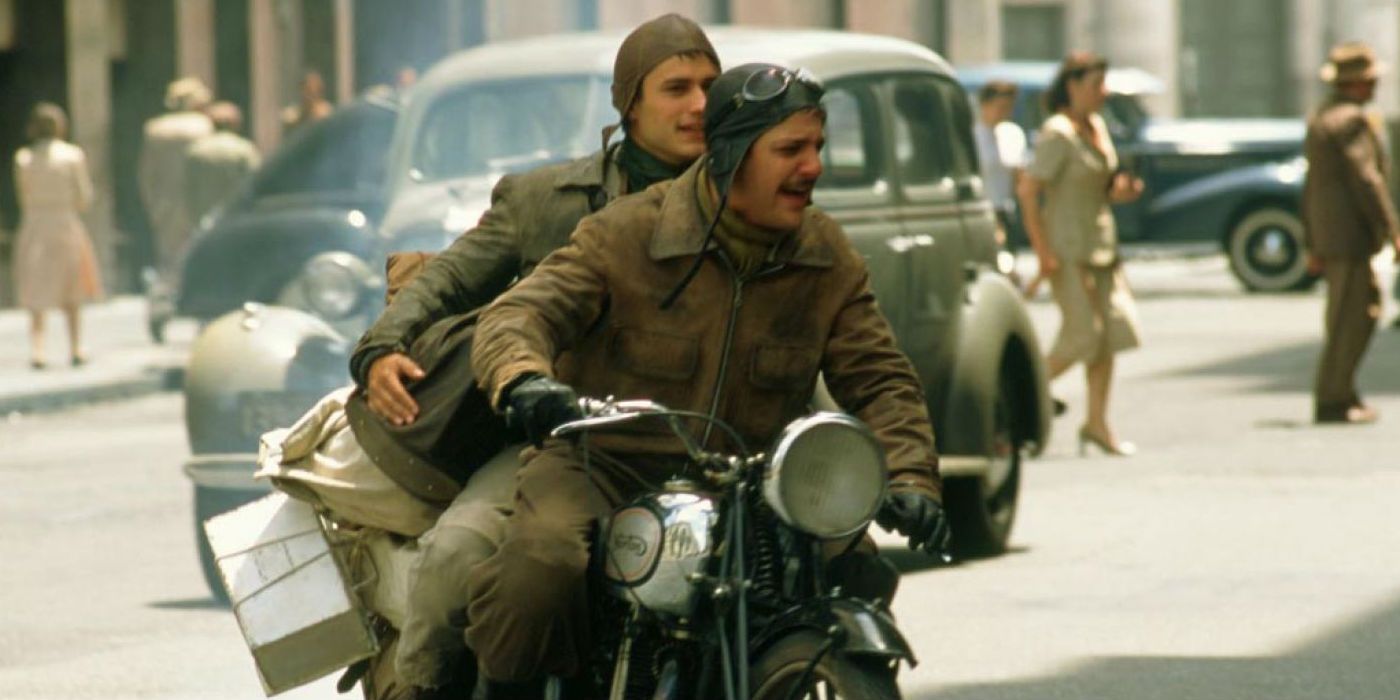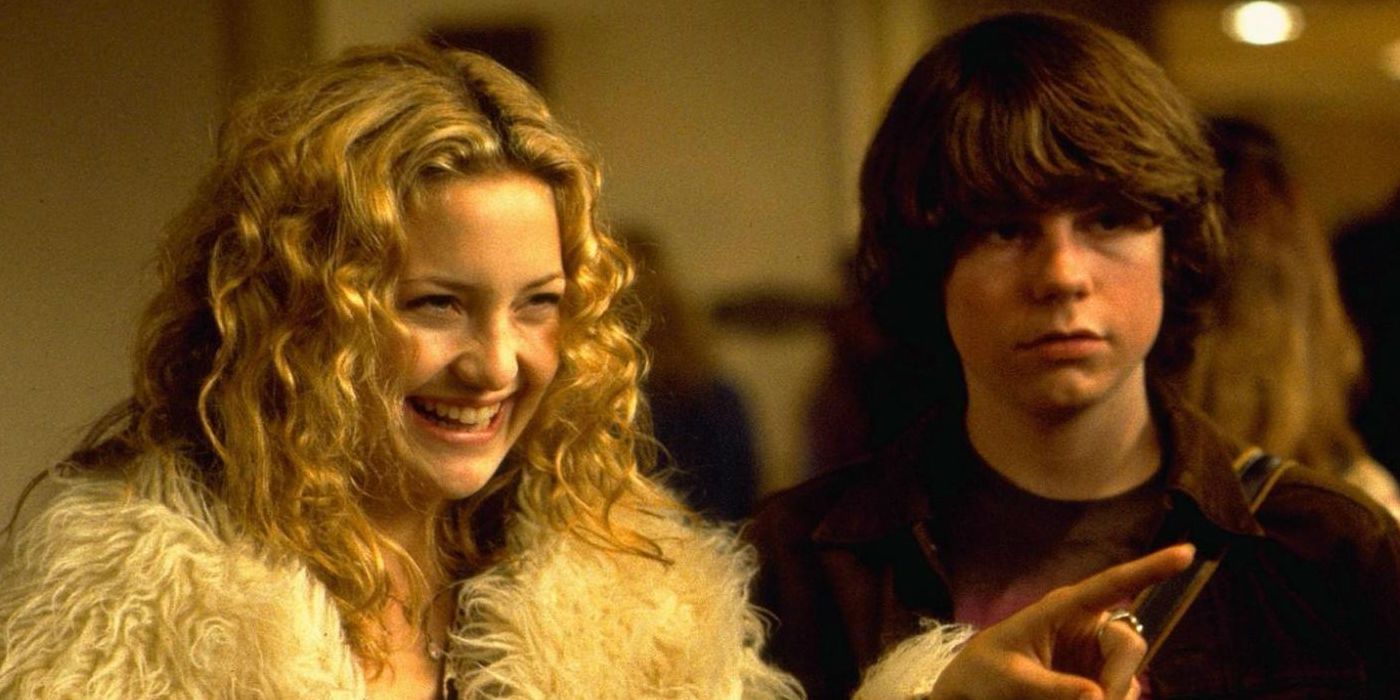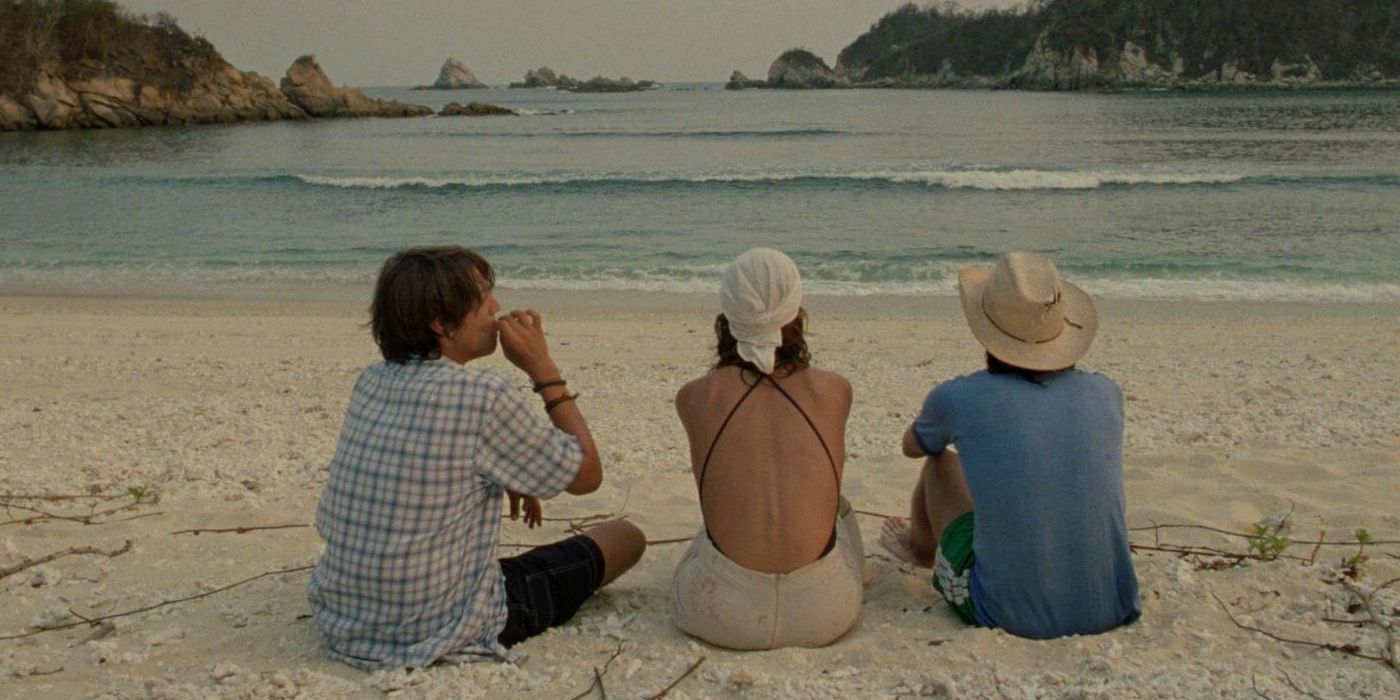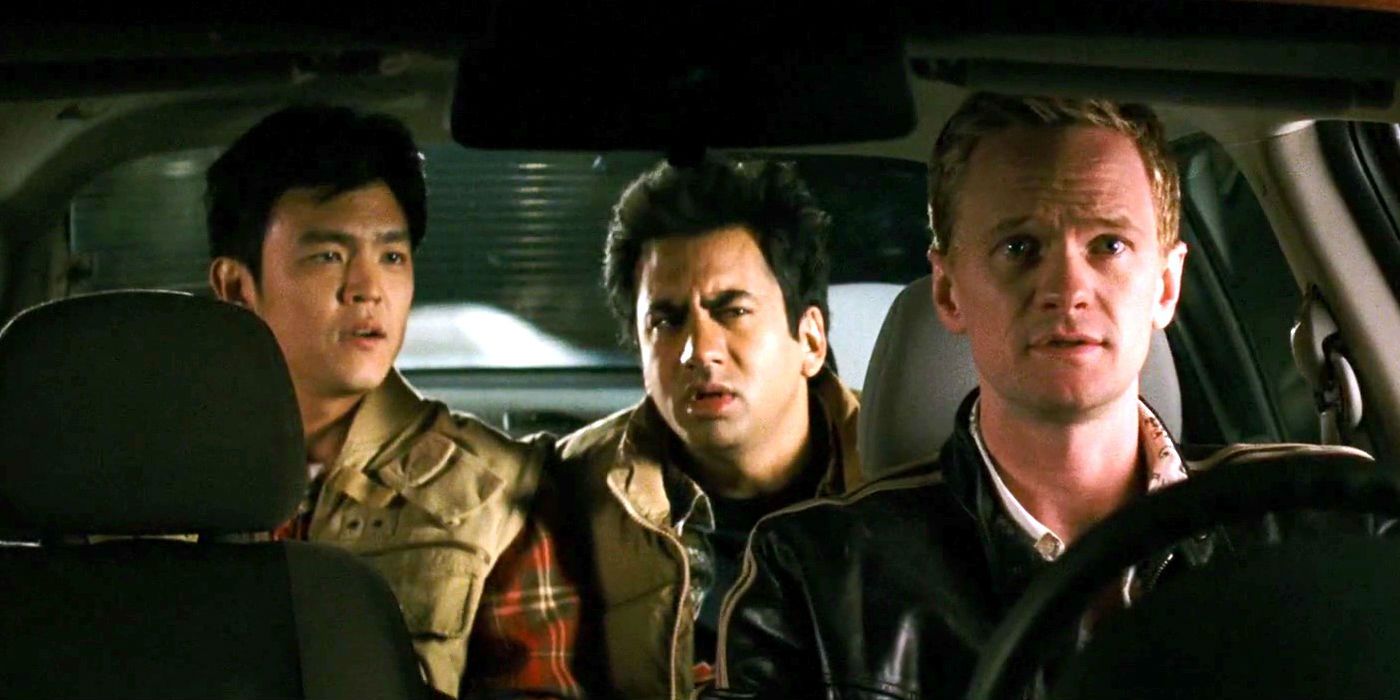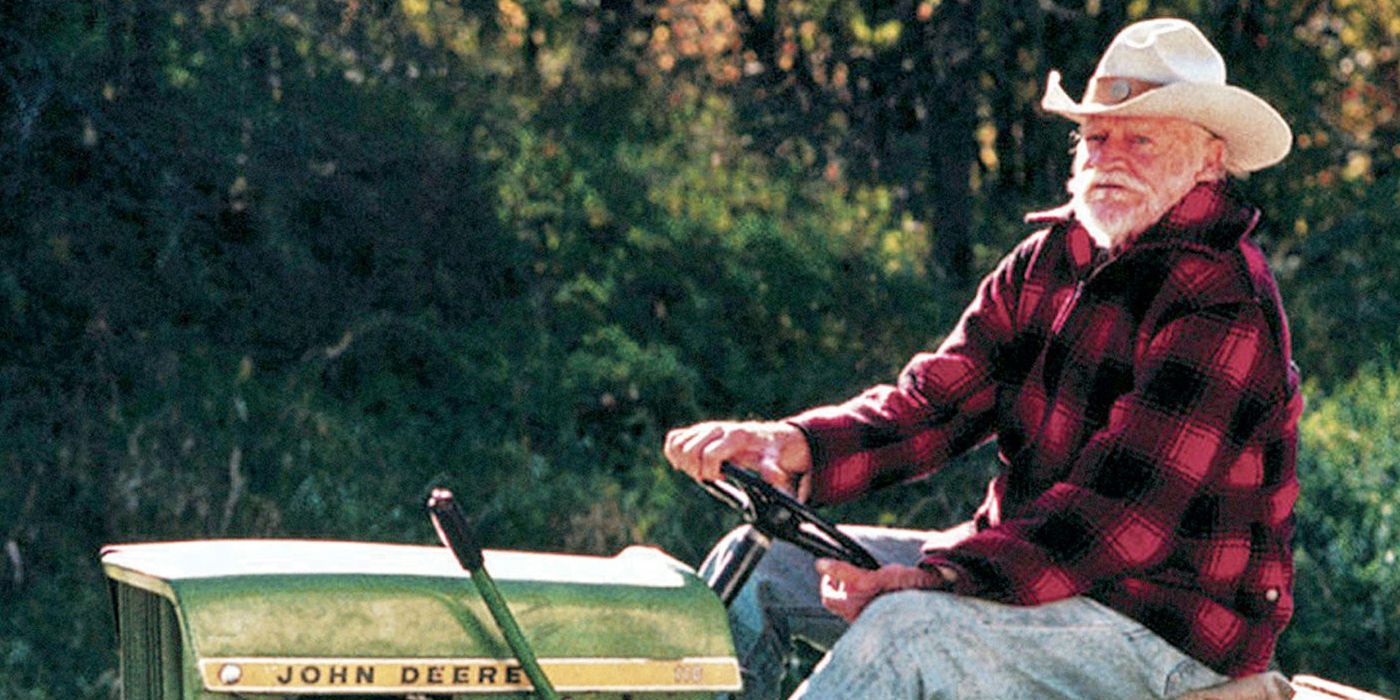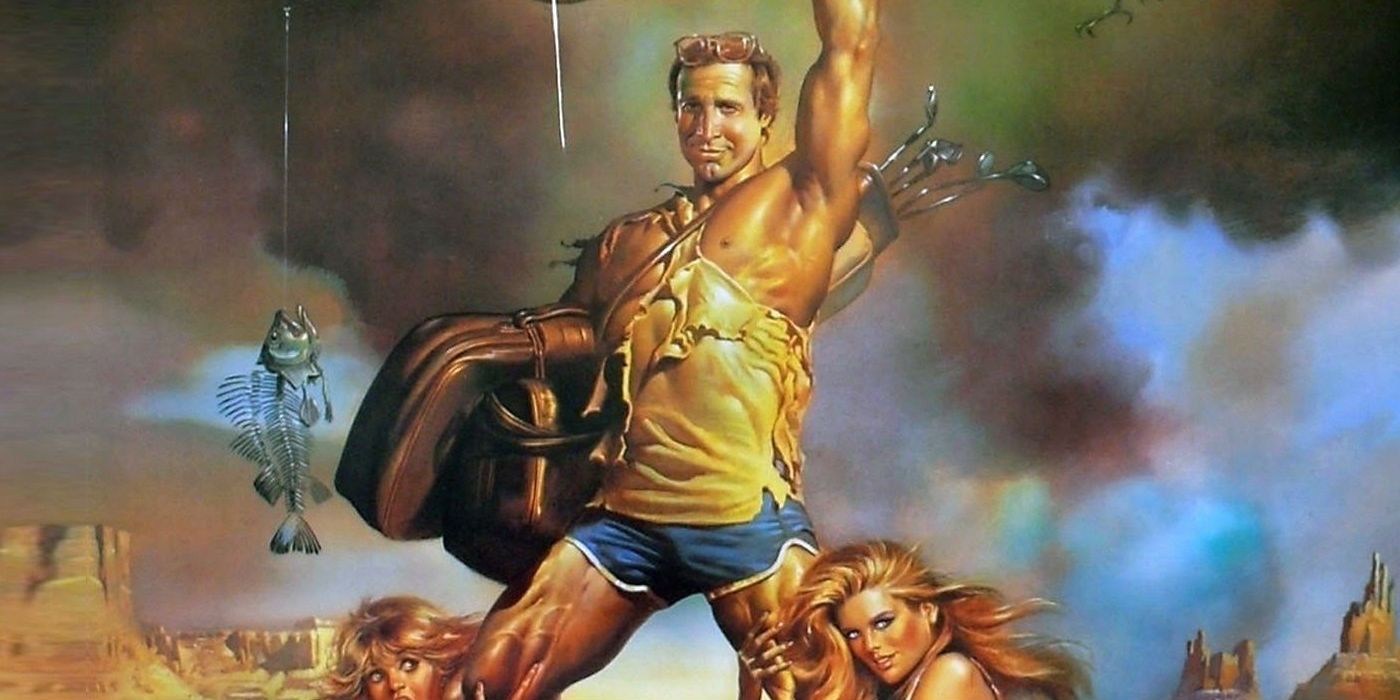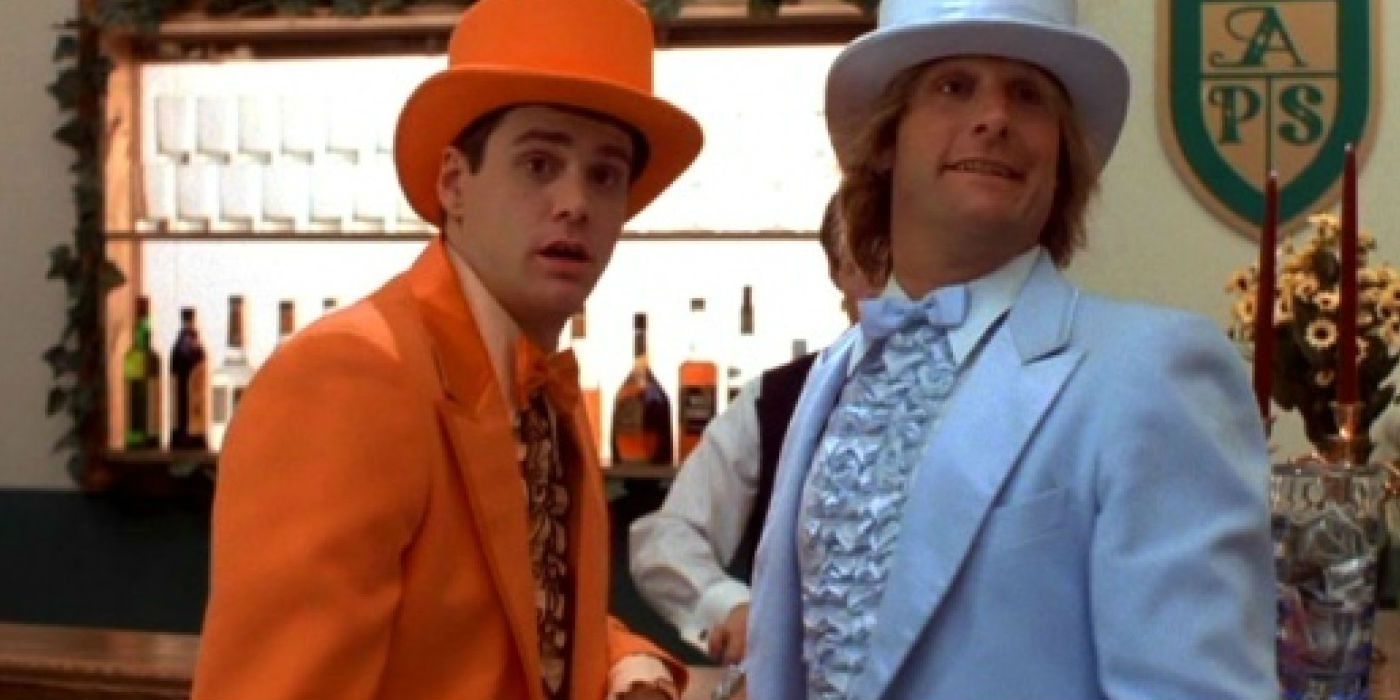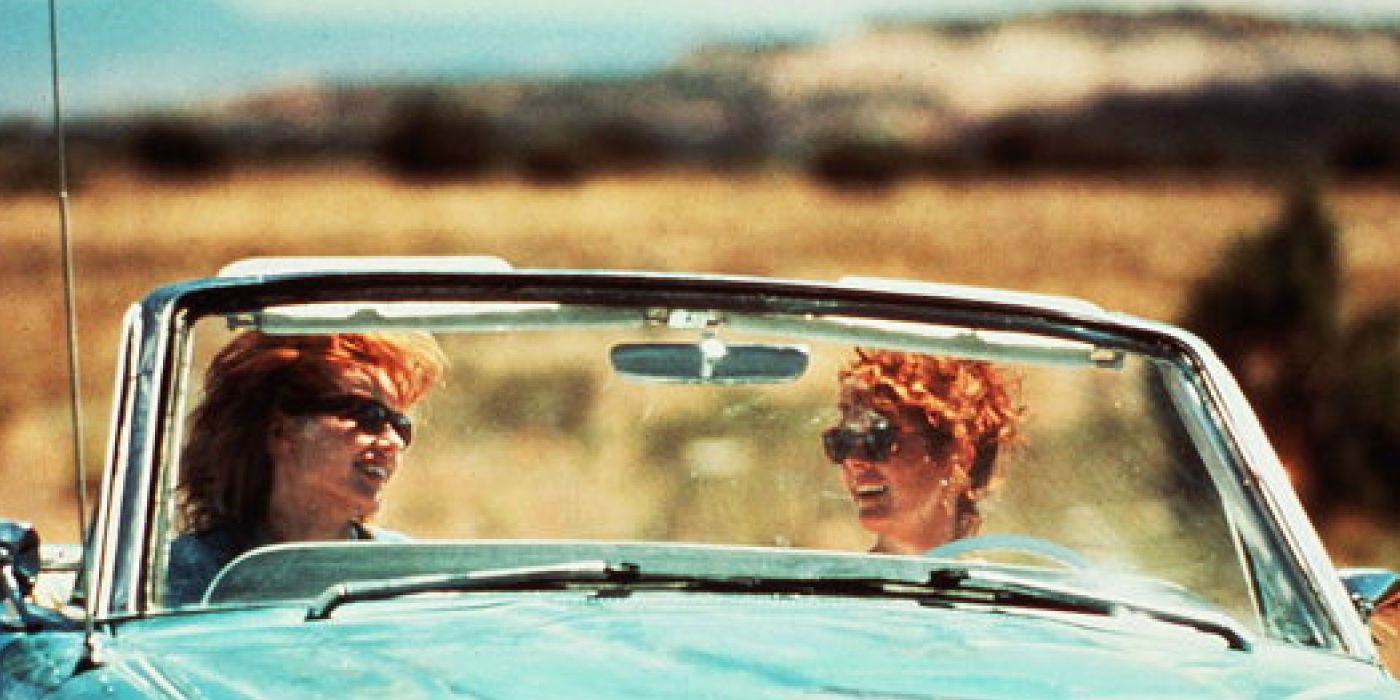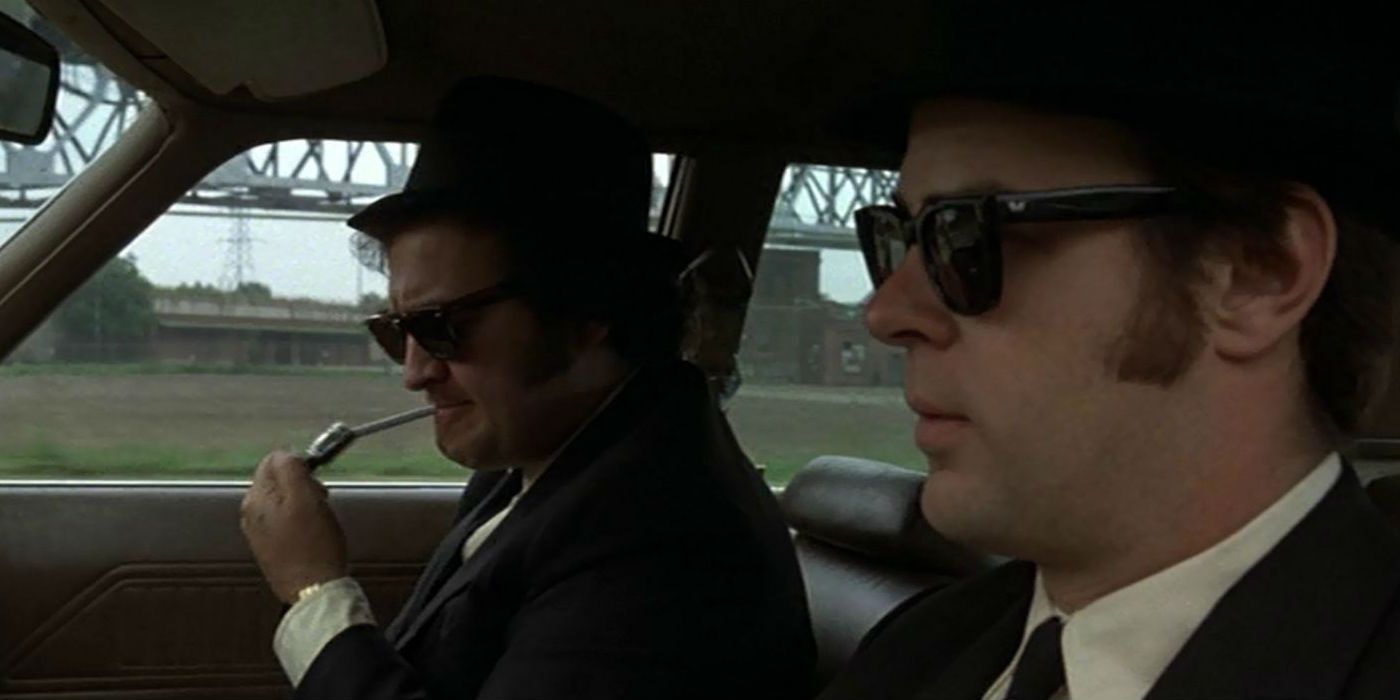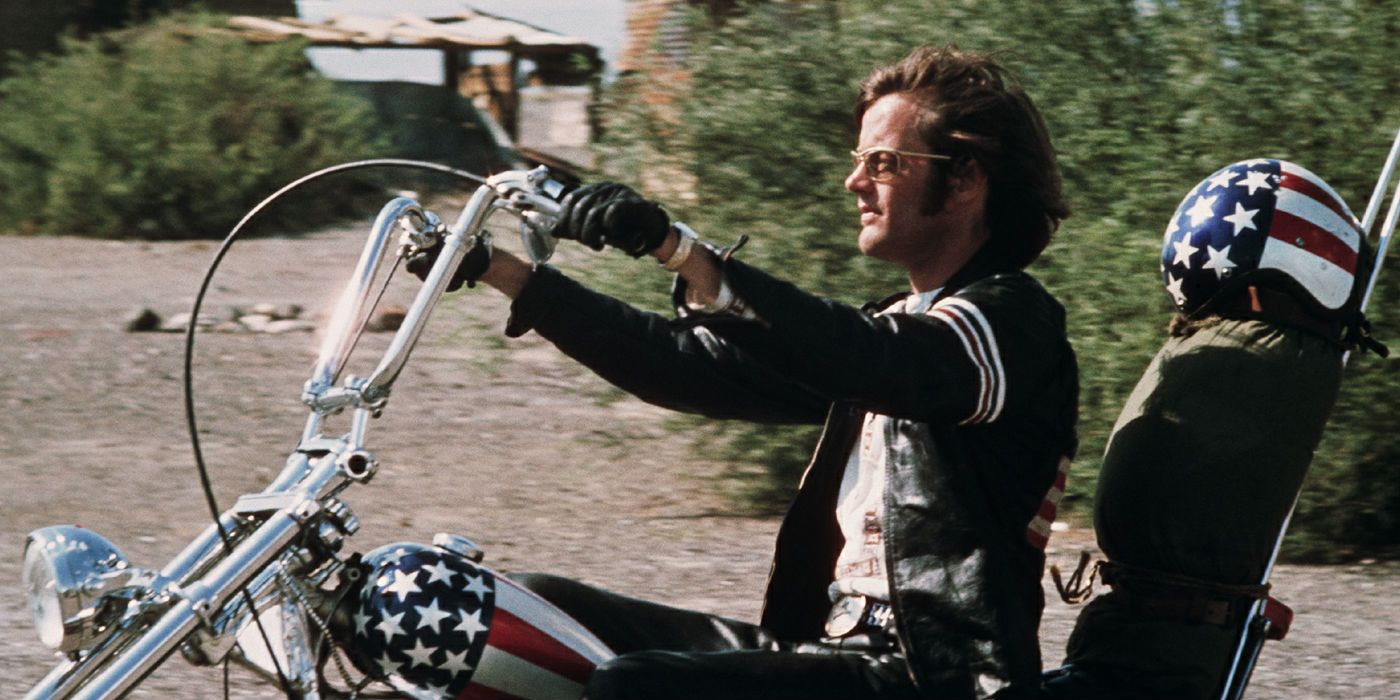The basest definition of a road trip is simply this: a person or people moving across a great distance, usually in an automobile. Road trips, despite our romantic cultural idea of them, are usually unremarkable chores – moving (the worst), driving home for the holidays, heading to school, etc. Even when driving to a vacation, the travel usually ends up being the worst part. Exciting, sure; but eventually those trips drone, and drone, and drone and… are we there yet?
In cinema, though, road trips are important in ways that seldom match reality. Some are heroes’ journeys, transformative experiences that elevate characters or bring them to age. Others are farcical comedies of error, presenting hilarious roadblocks and setbacks that exist only in fiction. Some are both, and few are neither. Despite having tonal differences and unique genre elements, road trip movies constitute a category all themselves. This list is about the best of that category.
These are the 17 Greatest Road Trip Movies of All Time.
17. Road Trip
Road Trip is a time capsule, stuffed with what young adults found funny around start of the century. The film grossed $120 Million against a $16 million dollar budget, and the credits list includes names like Seann William Scott, Amy Smart, Fred Ward, and Tom Green. If those names don’t induce flashbacks, maybe the film’s plot will.
Road Trip is about a college kid who, as a way to maintain a long distance relationship with his girlfriend, films himself in daily video blogs. On tape. He then mails the tape – in the mail – across the country to his girlfriend. This system works fine, until a tape that captured the boyfriend’s infidelity is accidentally mailed. So he and his friends get in an car and drive across the country to try to intercept the tape.
The film is ultimately a forgettable entry in the road trip genre – it comes in last on the list, included because its premise is an homage to the road trip itself, and because its name is, well, Road Trip.
16. Zombieland
Some film road trips are quests of self-discovery. Some serve practical purposes, like recovering an accidental sex-tape or heading to vacation. Or running from zombies.
When Zombieland arrived in theaters in 2009, we saw a polar extreme of road trip insanity. Starring Woody Harrelson, Emma Stone, Jesse Eiesenberg, and Abigail Breslin, the film takes place in a world ravaged by the zombie apocalypse. These characters aren’t traversing the country on some field trip, they are desperately (and hilariously) seeking asylum - and twinkies.
As with any good road trip, barriers are broken down in the film, and relationships are formed. When we first meet the protagonists of Zombieland, they identify themselves by birthplace exclusively (“Hi, I’m Columbus”) as a way to resist forming bonds, but by the end of the film romances spark and surprising friendships form. The film presents the road trip as a transformative event, with a satisfying emotional payoff. Plus a whole lot of zombies (and maybe more to come).
15. Borat
Borat: Cultural Learnings of America for Make Benefit Glorious Nation of Kazakhstan, which we will call simply Borat moving forward, was either ahead of its time or timeless in its lampooning of xenophobia, homophobia, and jingoism in America. Sacha Baron Cohen plays the film's titular character, driving cross country to do two things: chronicle American culture, and find Pamela Anderson, who he saw on TV and is determined to take for a wife.
There’s a chance that whatever freshness or edginess defined Borat when it released has been worn away, blunted by the bad impressions and recountings that were inescapable for a long time after the film’s initial release. But what Borat did as a road trip film was ingenious. By perverting the relationship between road trip and country (a relationship usually defined by discovery, and understanding), Sacha Baron Cohen turned a fun house mirror toward our national image. It was hilarious.
14. Mad Max: Fury Road
Fury Road is one of two things: it is either a stretched definition of “road trip”, or it is the apotheosis of “road trip”. We lean toward the latter. The film’s protagonists, Max (Tom Hardy) and Imperator Furiosa (Charlize Theron) do, in fact, complete two long journeys in a truck, and all the hallmarks of a film road trip are present. The pressures of travel reveal hidden truths about the characters, who both discover each other and discover themselves. Relationships are formed; others, more destructive, are shed.
That the “pressures of travel” in this case includes radiated war-boys launching fire spears into trucks, sandstorms destroying caravans, and one faceless man playing a flamethrower guitar do not in any way discount the road-trip tropes highlighted above. If anything, the unique perils of this particular trip reinforce what we love about travel films, at the same time adding some of the best action films anyone has ever seen.
13. Into The Wild
Into The Wild doesn’t follow the normal road trip format, usually including one or more characters in a car on the way to wherever, only to discover that the trip itself was more important than the destination. For Into The Wild, and the film’s protagonist Chris McCandless (Emile Hirsch), the trip was never about anything other than the trip, destinations be damned.
In Into The Wild, McCandless strips himself of society’s strappings entirely, and resigns himself to travel wherever the wind blows. The film’s perspective is ultimately disturbing, but refreshingly original – what starts predictably as a paean to nature and a condemnation of society turns into a nightmare, as McCandless’ life comes to its conclusion, alone and afraid, having misjudged just how cruel nature could truly be.
The films’ finish is depressing and confounding, but it succeeds in playing sickly with our expectations of how road trips and retreats are supposed to work – the protagonist in this story may have found himself, but part of that discovery was just how unequipped he was to deal with his surroundings in the end.
12. Little Miss Sunshine
Little Miss Sunshine is the indie film that other indie films use as a success marker, after grossing $100 million at the box office against an $8-million-dollar budget and was nominated for four academy awards. Its easy to see how the film was so successful; it nimbly presents a funny and heartfelt story that could have easily been cloyingly sweet in the wrong hands.
The film follows a family, dysfunctional in their own way, that travels across the country to enter their youngest girl in a beauty pageant. The family consists of personalities that defy convenient descriptors. A teenage son, in the middle of a vow of silence until he becomes a test pilot. A scholarly brother, who also happens to be homosexual and is recovering from a suicide attempt. A grandfather, booted from his retirement home for snorting heroin.
The trip in Little Miss Sunshine brings the family together, moves them past the petty conflicts of the film’s early going. Instead of changing for one another, though, the family becomes galvanized around Abigail Breslin’s character, happy to be with each other even though they are all screwed up In one way or another.
11. Rain Man
It’s shocking now – with the tent pole culture that pervades our theaters – that Rain Man was the highest grossing film of 1988. But it was, with $354 million against a budget of twenty-five and four Oscar wins (including Best Picture and Best Actor) to boot. The film follows Tom Cruise as Charlie, a slick salesman with debts to pay. Charlie’s father passes away and leaves the family’s considerable wealth to Raymond (Dustin Hoffman), a brother Charlie never knew existed. Raymond is an autistic savant who is living at a mental institution at the film’s start.
The road trip in Rain Man is predictably transformative for Charlie, who starts the film as a slave to his own self-interest and finishes with a newfound perspective on what relationships can mean. As the two brothers travel from Cincinnati to Los Angeles, hampered by the restrictions of Raymond’s condition, Charlie discovers his brother to be more than just a roadblock in front of the family fortune.
10. The Motorcycle Diaries
The Motorcycle Diaries is as much an ode to the road movie genre as it is a biopic of a young Che Guevara as he traverses the South American continent by, you guessed it, motorcycle. The film could have been a by-the-numbers historical recounting of a revolutionary in the making, but it instead takes a romantic stance toward the road trip as a transformation event. It’s poetic, while still historically accurate.
The film adapts the real life memoirs of Che Guevara, the story of his journey across South America during his last year of medical school. Ostensibly traveling to volunteer at a leper colony, Guevara and his riding partner are confronted with the disparity between the upper class that they belong to and the abject poverty that they discover along the way. The Motorcycle Diaries makes the road trip multifunctional – it is a tool of personal discovery, of chronicling a continent, and of forming a revolutionary.
9. Almost Famous
At the intersection of road movie and coming-of-age movie, you can find Cameron Crowe’s semi-autobiographical Almost Famous, a story about a teenage rock and roll journalist and the band he is following.
At his best, Crowe is adept at toeing the line between oversweet sentimentality and sharp emotional resonance. Almost Famous is Crowe at his best. The film follows William Miller, a budding music critic with only fifteen years of life under his belt. He follows Stillwater - a band on the rise - across the country, discovering on the way what it feels like to fall in love, be accepted, make friends, be let down, be rejected, and be embarrassed. If the hallmark of road trip films is travel as a conduit for change, Almost Famous is that idea distilled down to its core.
A young Patrick Fugit gave depth and life to the main character of William, alongside a star studded cast including Kate Hudson in the role of Penny Lane, veteran groupie. All the characters in the tour bus are tainted, broken in one way or another, and yet they are all likeable. It makes for an intoxicating mixture of joy and sadness, and a trip that we would love to take.
8. Y Tu Mama Tambien
Y Tu Mama Tambien is a 2001 film directed by Alfonso Cuaron that follows two teenagers and a woman in her twenties as they traverse Mexico in search of a particular secluded beach. Cuaron would go on to direct giant, visionary films like Gravity and Children of Men, but Y Tu Mama Tambien is a small, ruthlessly intimate tale.
Some road trip films, specifically about young men discovering themselves, presents sexuality as an end goal, something worth traveling to discover. Not even sex, the act; just a character’s own sexuality, the threshold between boyhood and manhood. Y Tu Mama Tambien presents sexuality as a nuclear bomb. The two protagonists cling to their illicit history with women, and strive to sexualize themselves in the eyes of the world. That quest eventually destroys the foundation of their relationship, as they divulge corrosive truths about themselves and cross lines that cannot be uncrossed.
That summary may feel vague, because it is. The film itself is starkly explicit and frank in ways that we really can’t be here. Its presentation of sexuality is aggressively subversive, and it’s use of the road trip as a tool for that subversion is startling. It is a singular entry into the road movie genre, and one that will stay with you for a while after the trip has ended.
7. Harold and Kumar Go to White Castle
Harold and Kumar Go to White Castle is road-trip-as-farce, with two titular characters that - after engaging in some recreational drug activity - decide to make the quest to White Castle for hamburgers. On its surface, the film is indistinct from other stoner comedies like Half Baked, How High, et al. What sets it apart is the film’s characters, which are fully realized and relatable, and the lead actors, who breathe life into a film that is otherwise constricted by the well-tread genre that defines it.
Harold and Kumar, played by John Cho and Kal Penn, are markedly different from the other slackers and underachievers that often populate comedies like this one. They are both second generation immigrants, and both relatively high achievers. The impetus for their drug-addled escapade isn’t arrested development. Instead, it’s the reality that maybe they don’t have agency over their lives at a crucial age. Kumar (Penn) must decide whether he wants to be a doctor, or whether he is fulfilling a destiny that he didn’t choose, a destiny that he also feels is completely ethnically unoriginal. Harold is a lonely investment banker, stagnating and in unrequited love with his neighbor.
The characters are easily relatable, have tangible feelings and goals, and are as such sympathetic figures to their audience. Like any good road movie, they change along the way, discovering their true desires and regaining power over their choices.
6. The Straight Story
The Straight Story is based on the true events surrounding Alvin Straight’s journey across Iowa and Wisconsin. The fact that Alvin’s journey takes place on a lawn mower is just the first in a series of distinctions between The Straight Story and other road trip films.
Richard Farnsworth stars as Alvin, an elderly man who lives with his daughter. He is visited with the news that his estranged brother has suffered a stroke, prompting Alvin to visit him before he dies and make amends. Alvin, saddled with the physical impairments that come with advanced age, can’t procure a driver’s license. So, determined, he makes the journey on his extremely slow lawn tractor.
David Lynch directed the film, shooting the entire movie along the actual route Alvin took to find his brother. The Straight Story was nominated for the palm d’or at Cannes film festival in 1999, and was released to nearly unanimous critical acclaim. It stands apart from Lynch’s normally byzantine works, as an accessible and touching film – one that uses the road trip as a way for Alvin to meet numerous characters along the way and have heartfelt, meaningful interactions with each of them before eventually achieving his goal.
5. Vacation (1983)
Vacation is both outrageously funny and truly poignant in a way that few other films are. By now, the story is well known – Clark Griswald (Chevy Chase) is a harried and overmatched husband and father of two who wants only to provide a quality vacation for his family, one devoid of complications.
That Griswold is not a taskmaster, but rather a loving and caring dad and husband, only heightens the comic tragedy of the whole endeavor. Vacation’s lesson is simple, and instantly relatable: no family is perfect, and nothing ever goes as planned. The canned experiences, the plastic amusement parks and hokey tourist traps aren’t what make family vacations memorable. It’s the diversions, the incidents that could only happen to your family, that make otherwise unremarkable experiences memorable.
Now, Vacation takes that idea to extreme heights, as any good comedy would. Everything that can go wrong does go wrong, from the vehicle itself, to lost currency, car accidents, crazy relatives, and at least one dead dog. Clark drives himself to the brink of insanity trying to overcome this series of unfortunate events, only to find out that the family’s destination is not even open for business.
It was a blueprint that served for four more sequels, of varying quality. Vacation kept returning to the well, ultimately because we are all Griswalds to one degree or another.
4. Dumb and Dumber
Road trips rarely come funnier than Dumb and Dumber, a comedy of errors about two friends – Harry and Lloyd - driving across the country to return a briefcase of money to its rightful owner. Harry and Lloyd are painfully unaware that a crime syndicate is also after that money, and that their safety is very much in question from the moment they embark.
Unlike other films on this list, Dumb and Dumber doesn’t have much to say about the inherent power of road trips, besides as a plot device. That the film isn’t exactly lyrical about the forces of travel doesn’t detract from its humor, though, and that is ultimately the point of the entire exercise. What makes the characters of Dumb and Dumber so hilarious is precisely that they don’t change, that they refuse to change, that they don’t even acknowledge change as an option. They can’t be transformed by the road trip, because their very essence makes that impossible.
The film, despite being pretty blue in its humor, is actually thoughtful in that regard. Where most road trip films zig, Dumb and Dumber zags. If the movie concluded with its idiot protagonists having learned something, it would feel cheap, unearned. Instead, when Harry and Lloyd unthinkingly pass up the opportunity to be oil boys for a busload of models at the film’s end, only to continue walking on foot, it feels hilariously perfect.
3. Thelma and Louise
Thelma and Louise is a road trip film with something to say, something prescient and relevant today that was remarkably ahead of its time in 1991. The film follows two friends, Thelma (Geena Davis) and Louise (Susan Sarandon) who take to the road for a two-day vacation. What begins as a regular retreat ends in disaster, marked by murder, robbery, and suicide.
The film’s attitude toward male oppression - and the appropriate female response - is complicated, and difficult to unpack in this space. The titular characters have both been affected by male violence in one way or another, and their decision to deliver retribution in kind ultimately leads to their untimely death.
The above description might make an uninitiated reader expect Thelma and Louise to be dark, disturbing, and tragic - and it is that. But remarkably, the film is also vibrant and funny, populated with characters that jump off the screen. Whether it is a truly feminist statement, or an armed and violent perversion of feminist ideology, or anti-male, or none of the above is really is an argument for a different space entirely. We are concerned with Thelma and Louise as a road trip movie, and it succeeds in being a completely unique and rewarding entry in that category.
2. The Blues Brothers
In road trip films, by definition, the travel serves a purpose; it isn’t just a matter of circumstance. The Blues Brothers might just be the exception that proves the rule in that regard. The trip in question isn’t one of self-discovery, or transformation. The miles logged don’t have inherent power or value. Instead, the road trip in The Blues Brother gives the film itself shape. As characters move from one place to the next, the film gains momentum and the stakes grow exponentially higher.
Jake and Elwood Blues are a pair of seedy musicians, seeking to save the boys home where they grew up from closure, if only to give themselves some form of redemption. To do so, they must reassemble their old group and play music for money. To a certain extent, that is the gist of the entire film. What actually appears on screen, though, is a demolition opera, complete with car chases, crashes, shootouts, and fantastic musical numbers. The road trip doesn’t contribute to the film’s function, but it certainly defines the film’s form.
1. Easy Rider
This list began with Road Trip, a time capsule distinctly from the year 2000. We will finish it with Easy Rider, the best road movie of all time and a film unmistakably from 1969.
Easy Rider is all about the trip. The film presents two protagonists, latched onto a reality that is quickly disappearing around them. The two are free spirits, counter-cultural travelers at the end of the sixties - a time when ideas of renegade spirit and true freedom were slowly corroding. Wyatt (Peter Fonda) and Billy (Dennis Hopper), travel from Los Angeles to New Orleans by motorcycle, hoping to make it in time for Mardi Gras. They are flush with cash from a recent drug deal and open to whatever the road has in store for them.
What they find is unexpected – it seems the country, at least where they are, isn’t as welcoming to free spirited weirdos as it once was. Wyatt and Billy, two bikers who just want a taste of true freedom and the road, stand out in the small towns and rural communities along their trail. They are marked as outsiders, vagrants, and tragedy ultimately befalls them.
It’s a tale that couldn’t possibly have been told in one place. The road trip was vital in unearthing the truth about America, at least the truth that the filmmakers and the protagonists were living. Easy Rider is the quintessential road movie, and the best the category has to offer.

